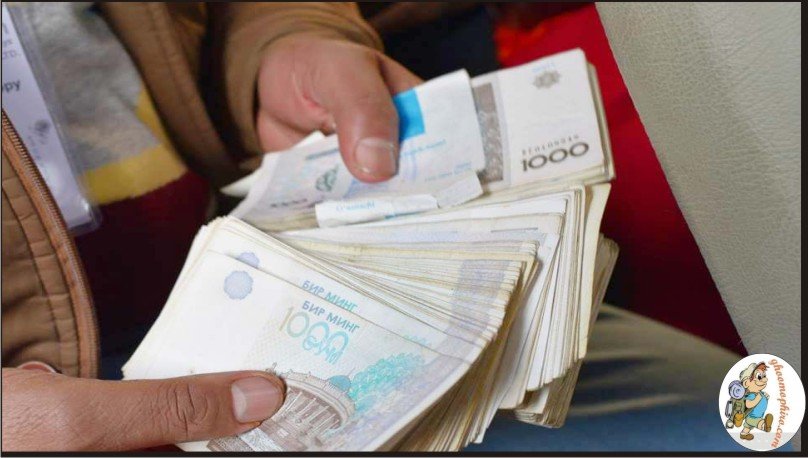Best practices for currency exchange
Posted on August 20, 2018 by Ghoomophiro

For travelers, there are many options available for carrying money internationally. It may be in the form of cash or debit and credit cards, traveler’s cheque, and prepaid cards. We are here to discuss how to minimize your spending by adopting better conversion practice. Even avid international travelers find currency exchange to be a pain. And even the best of us are sometimes unable to do the math right. When you see your hard-earned money getting deducted by transaction fees and bank charges, it is a problem.
- Say no to Airport conversion.
NEVER exchange currencies on Airport outlets unless it is an emergency and you desperately need money for visa fees or cab fare, in which case, convert only the amount you immediately need. These outlets charge the highest exchange rate and you lose a lot of money.
- How much cash do you need?
Get a vague idea of how much money you will need for the whole trip and carry only 30% of the amount in the currency of the country you are visiting with you. The rest of the amount can be withdrawn from ATMs, you can use credit or debit cards or load up your Forex travel card.
- Compare exchange rates
There are sites like extratravelmoney.com that let you compare exchange rates quoted by authorized money changers. This will give you a fair idea of what to expect so you won’t be cheated into a higher rate.
- Forex card over Debit card
Your debit card contains the currency of your home country and when you withdraw from an ATM overseas, it gives you money in the foreign currency after deducting currency conversion markup up to 5 percent as well as bank charges of 3.5 %. On the other hand, Forex travel cards contain money in the local currency so you won’t have to pay any additional charges.
- All you need to know about Forex Card
You can get a Forex card from your bank by paying a fixed price but make sure that your Forex dealer is authorized. Always keep a spare card with you and while some dealers won’t charge for a spare card, you should pay minimal fees if they require it. Just to be on the safe side.
- Avoid traveler’s cheques
These were the old Forex cards but have become outdated in today’s age. Most overseas banks charge 4-5% commission on en-cashing these cheques. Better to stick with the cash you brought with you and your Forex card.
- Better exchange rates:
It is better to plan ahead and convert your money a few days before your trip. Wait to see if the exchange rates are dropping or rising and buy at the right time to avoid any losses. And keep it simple. It is good to carry a little amount in US dollars since it is accepted in many countries and is a strong currency but doesn’t convert all your money into one currency. Keep in mind the place you are traveling and act accordingly.
- The credit card is your friend
For international shopping or any heavy spending, use your international credit card. They give you a better exchange rate and are reliable even in a foreign country. You don’t have to worry about carrying too much cash on the person. Plus many credit cards offer additional benefits that might come in handy.
And that is all. Hopefully, your currency exchange problems will be a little resolved after reading this. Some additional tips for you are: Don’t count your money in public, stay away from black markets and use currency converter apps to know the latest rate and the exact conversion.





